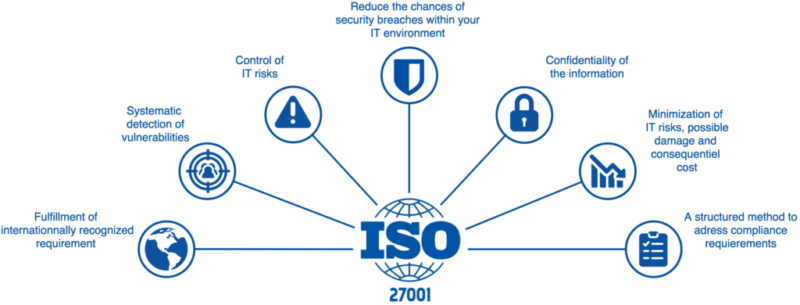
ISO 27001 is an international standard for information security management. It provides a framework for establishing, implementing, maintaining, and continually improving an organization’s information security management system (ISMS).
The standard is based on a risk assessment approach, which helps organizations identify, assess, and prioritize the risks to their information assets. This includes risks related to confidentiality, integrity, and availability.

One of the key benefits of ISO 27001 is that it helps organizations protect against data breaches and other security incidents. By implementing the standard’s controls and best practices, organizations can reduce the risk of a security incident occurring and minimize the impact if one does occur.
In addition to the practical benefits of ISO 27001, there are also many reputational and regulatory benefits. Many organizations, especially those in regulated industries, are required to demonstrate compliance with the standard in order to win business or meet regulatory requirements. By achieving certification to ISO 27001, organizations can demonstrate to customers, partners, and regulators that they take information security seriously and are committed to protecting sensitive information.
Implementing ISO 27001 requires a commitment from the entire organization. It involves defining policies and procedures, training employees, and conducting regular risk assessments. However, the effort is well worth it, as it helps organizations protect against security incidents and build trust with customers, partners, and regulators.













